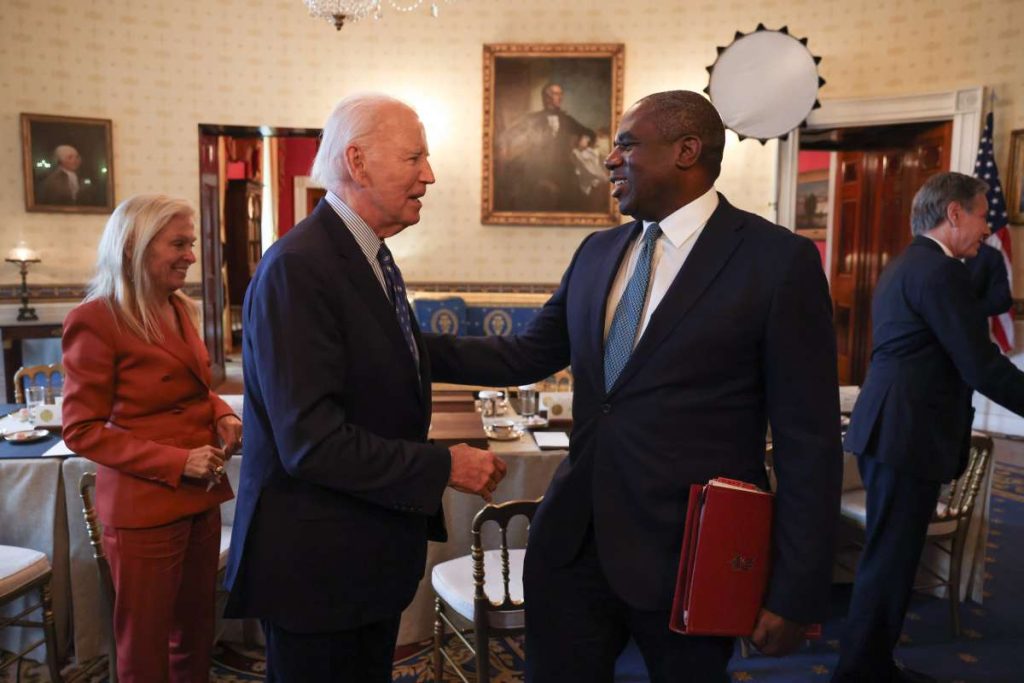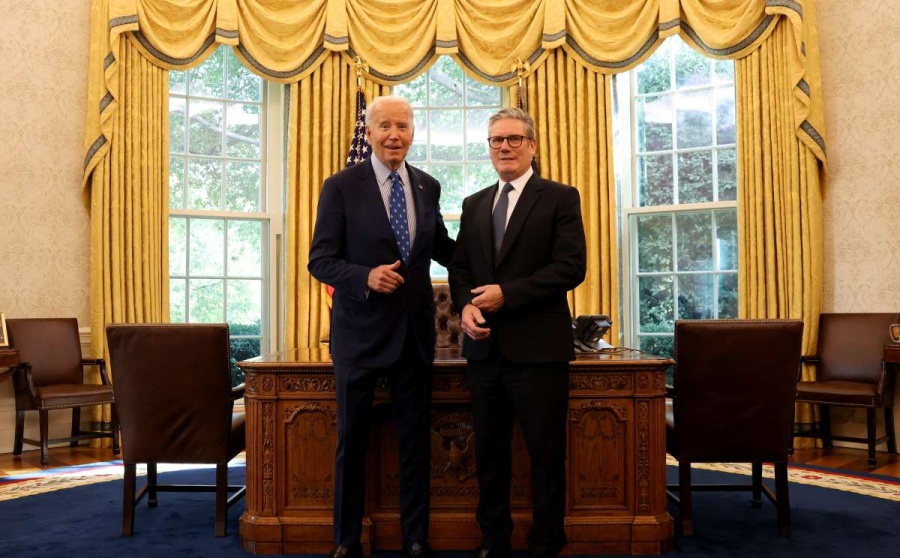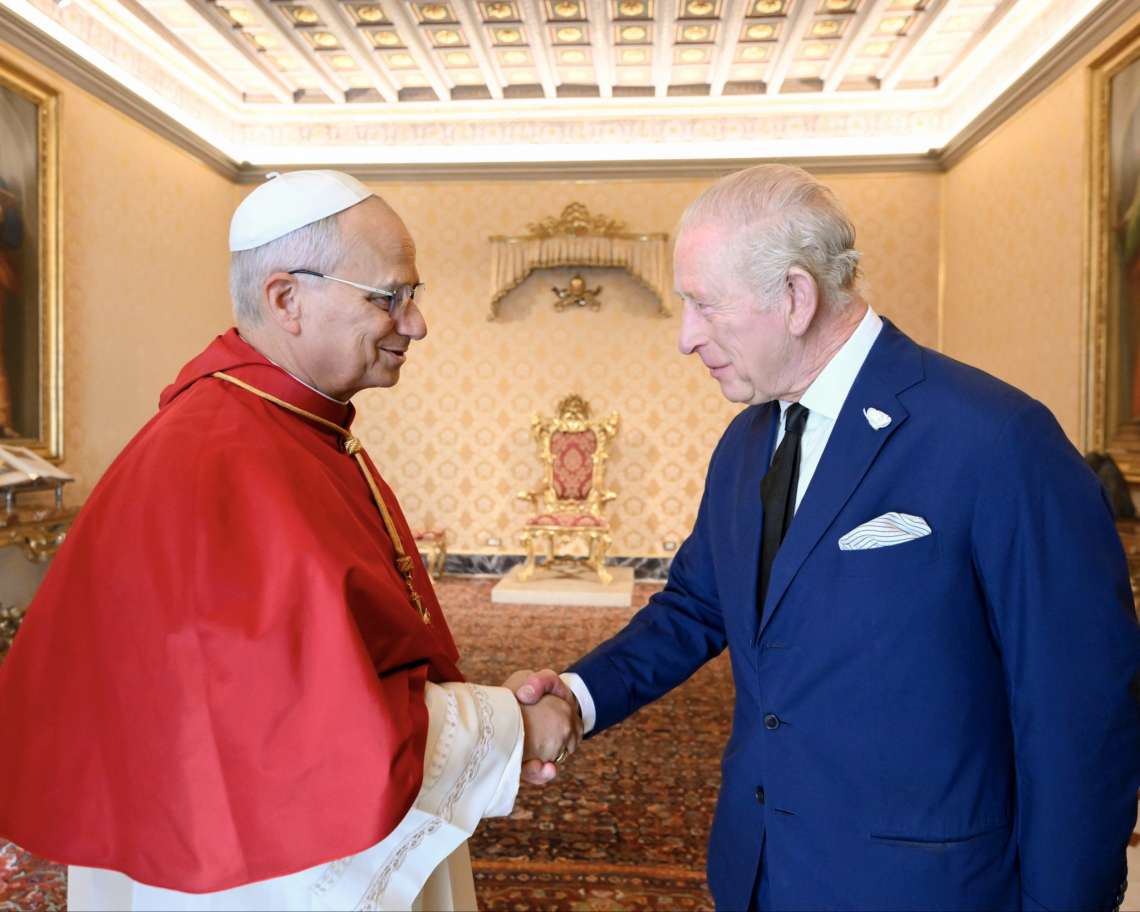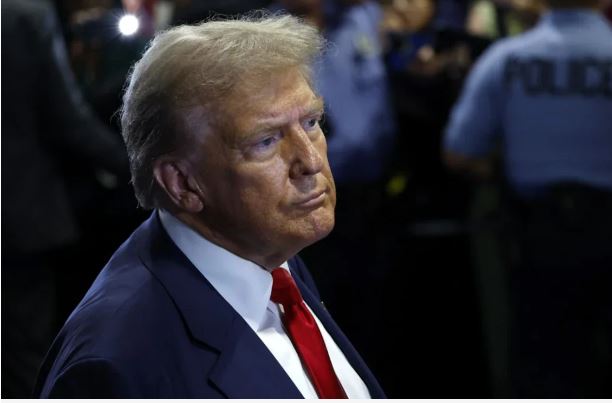Starmer’s recent visit renews the UK-US alliance amid global crises. The reality of geopolitical alignment today is far more nuanced than in the Blair-Bush years. The world is more multipolar, with emerging powers complicating traditional Western hegemony … writes Anasudhin Azeez
The latest meeting between the UK Prime Minister and U.S. President Joe Biden at the White House underscores the enduring strength of the “special relationship” between the two nations. Rooted in a century of mutual cooperation, this bond has been instrumental in addressing global challenges, from the two World Wars to post-Cold War diplomacy. The ties between the UK and the U.S. are based not only on shared history but also on common values: democracy, human rights, and international stability.
The UK-US talks come at a crucial time, with both leaders reaffirming their commitment to tackling pressing foreign policy issues, particularly in Ukraine, the Middle East, and the Indo-Pacific. As they strategize together, it’s clear that the UK and the U.S. remain central actors in shaping the future of global security.
Historically, few periods symbolize the depth of this alliance more than the Blair-Bush era. During the early 2000s, Prime Minister Tony Blair and President George W. Bush forged an especially close working relationship, particularly during the wars in Afghanistan and Iraq. Despite the controversy surrounding those conflicts, Blair’s unwavering support for U.S. military intervention demonstrated the UK’s willingness to stand by its ally, even at significant political cost.
The echoes of the Blair era can be seen today in how the UK and U.S. navigate the crisis in Ukraine. Just as the Iraq War tested the partnership two decades ago, the current war tests both nations’ resolve in defending democratic values on the global stage. Both leaders have committed to supporting Ukraine “as long as it takes”—a sentiment reminiscent of Blair’s assertion that the UK must be a “solid ally” to the U.S. during turbulent times.

However, today’s challenges are more complex and multi-faceted than ever before. The evolving situation in the Middle East—where the UK has long advocated for a two-state solution to the Israeli-Palestinian conflict—demands new approaches. Meanwhile, tensions in the Indo-Pacific and rising Chinese influence require close cooperation through defense partnerships like AUKUS. And while Ukraine’s fight against Russian aggression is at the forefront of global concern, balancing long-term security goals with immediate humanitarian crises, particularly in Gaza, will test the strength of this renewed Anglo-American cooperation.
Yet, the reality of geopolitical alignment today is far more nuanced than in the Blair-Bush years. The world is more multipolar, with emerging powers complicating traditional Western hegemony. While the UK and U.S. are still major players, maintaining influence in a world where Russia, China, and even regional actors like Iran and North Korea are asserting themselves requires more than military might. It demands diplomatic dexterity, economic strategy, and, most importantly, sustained leadership.
One of the critical areas for reflection in this renewed partnership is how both nations approach the use of military power. In the Blair era, there was an eagerness—some would say overzealousness—to use force to shape global events, which ultimately led to long-lasting repercussions in the Middle East. Today, the caution surrounding the use of Western-supplied missiles in Ukraine reflects lessons learned. There is recognition that missteps could broaden the conflict and provoke direct NATO-Russia confrontation, a far greater risk than before.
As global crises continue to emerge—from Ukraine to Gaza to the Indo-Pacific—the special relationship between the UK and U.S. will once again be put to the test. This time, however, the stakes are higher, and the lessons of history are more relevant than ever. The key question remains: will this modern iteration of the UK-U.S. alliance navigate the complexities of the 21st century with the same strength and resolve as it has in the past? If the Blair-Bush era taught us anything, it’s that strong alliances can endure—but they must evolve to meet the challenges of a changing world.
ALSO READ: No inquiry into undeclared gifts for Starmer’s wife, say No10
ALSO READ: No extra NHS funding without reform, says Starmer














